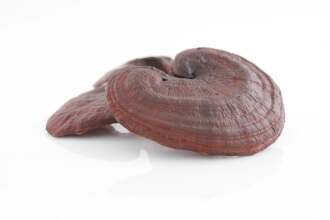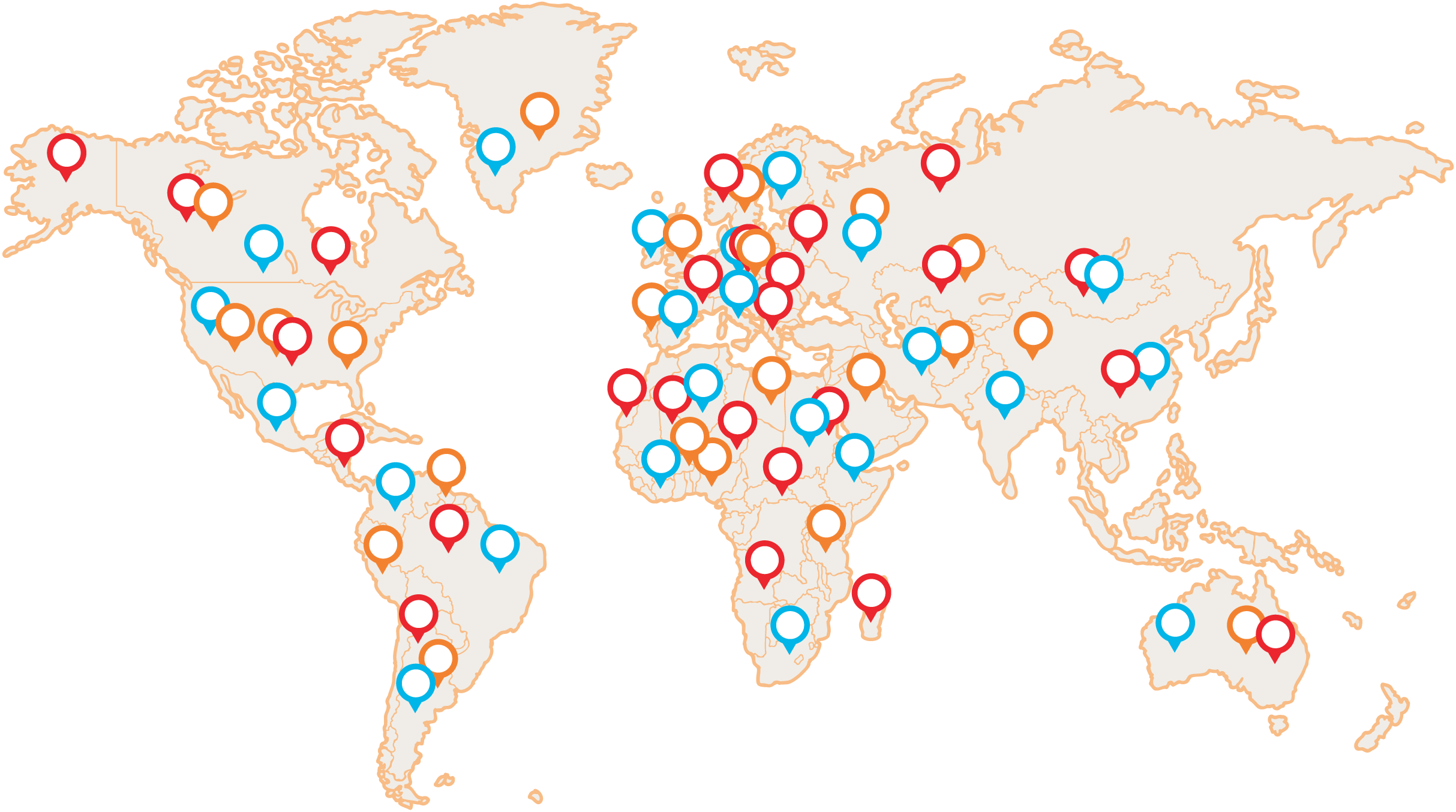Reishi (Ganoderma lucidum, glossy cordgrass, Ling zhi, "divine immortality mushroom") is a woody, disease-causing fungus native to Asia. It belongs to the huge family of glossy-leaved fungi, which includes more than 210 different species of glossy-leaved fungi. Reishi's hat is semicircular or fan-shaped. Typically, it is shiny, giving the impression of being varnished. From this fact its Czech name is also derived. Reishi grows mainly on wounded living or dead trees and their stumps. It is mostly found on deciduous trees such as oaks and beeches. Very little Reishi is found in the wild anymore, but because it is a mushroom that is in high demand, it is grown in large quantities and commercially in nurseries. Cultivation and artificial cultivation of the mushroom dates back to the 1970s. For such cultivation it is necessary to find a suitable substrate so that the mushroom retains its composition and is a source of biologically active substances that help our organism. This has been achieved, so that even mushrooms grown in cultivation are a full-fledged substitute for those grown in the wild. This cultivation also makes it possible to make better use of the different developmental stages of Reishi, i.e. mature mushrooms, mycelia, spores, etc. In fact, at each stage the mushroom may have a slightly different composition, with some components more and others less. Thanks to its effects, it was then nicknamed the mushroom of immortality. There are many historical written sources about its effects and its use on human health. Reishi is also mentioned in the 'herbarium' Shen Nong Ben Cao Jing, which dates back to the Eastern Han Dynasty, i.e. 25-220 AD. This book has been continuously updated and expanded to incorporate other discovered uses of Reishi. Written references to Reishi can, of course, be found in other texts such as Ben Cao Gang Mu. The "Western" world did not "discover" Reishi until 1781, when it was described by William Curtis. However, the mushroom is still overlooked and neglected by modern medicine, but even this is gradually changing and since about the 1960s many experiments, researches and clinical studies have been carried out to confirm what people knew thousands of years ago.
We would like to inform you that our website can no longer make claims that might give the impression of any healing effect of herbs or mushrooms. Current EU legislation prohibits this. Even though traditional Chinese medicine has been around for thousands of years and has been tested on countless patients. At the same time, we must not mention the effects proven by contemporary scientific studies. But we believe in the common sense of our customers. For detailed information about herbs and mushrooms, please search the publicly available sources on the Internet. For example, valuable information can be found at www.tcmencyklopedie.cz.
Sources of information on vital mushrooms:
Martin Powell - Medicinal Mushrooms A Clinical Guide
Pavel Valíček - Mushrooms and their medicinal effects
G.M. Halpren, A.H. Miller - Medicinal Mushrooms Ancient Remedies dor Modern Ailments
G.M. Halpren - Healing Mushrooms
Christopher Hobbs - Medicinal Mushrooms An Ecploration of Tradition, Healing and Culture
Robert Rogers - The Fungal Pharmacy
Vladimir Ando - Pharmacology of Classical Chinese Medicine
Radomir Soch, Alexandr Jegorov - Encyclopedia of Medicinal Mushrooms
Bensky - Materia Medica
 Medicinal mushrooms PRO (17)
Medicinal mushrooms PRO (17) MyTao Edition (14)
MyTao Edition (14) Medicinal mushroom Extracts (25)
Medicinal mushroom Extracts (25) Combination of mushrooms and herbs (18)
Combination of mushrooms and herbs (18) Traditional recipes (5)
Traditional recipes (5) BIO medicinal mushrooms powder (9)
BIO medicinal mushrooms powder (9) Syrups (12)
Syrups (12) Dried medicinal mushrooms (7)
Dried medicinal mushrooms (7) Honey products (5)
Honey products (5) Vitamins (4)
Vitamins (4) BIO green food (2)
BIO green food (2) Other (1)
Other (1)
